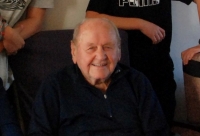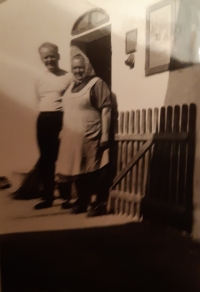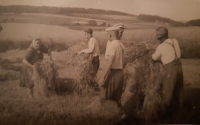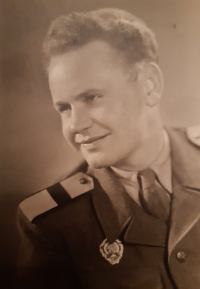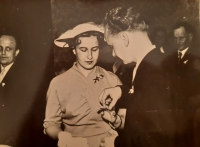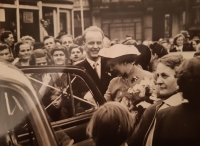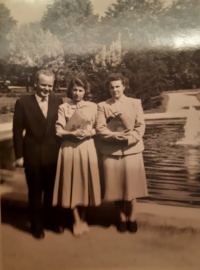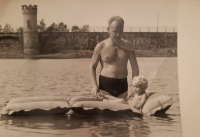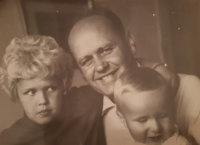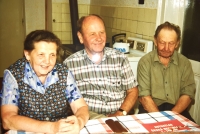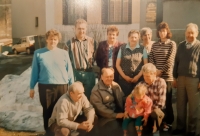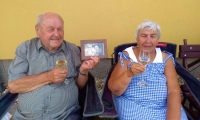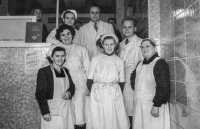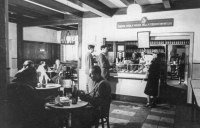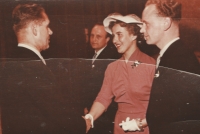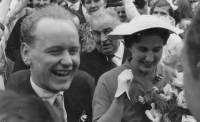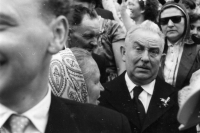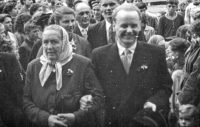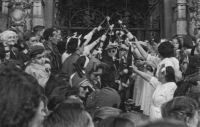He witnessed the last public execution of a woman. A Nazi was hanged near the Třešt’ chateau
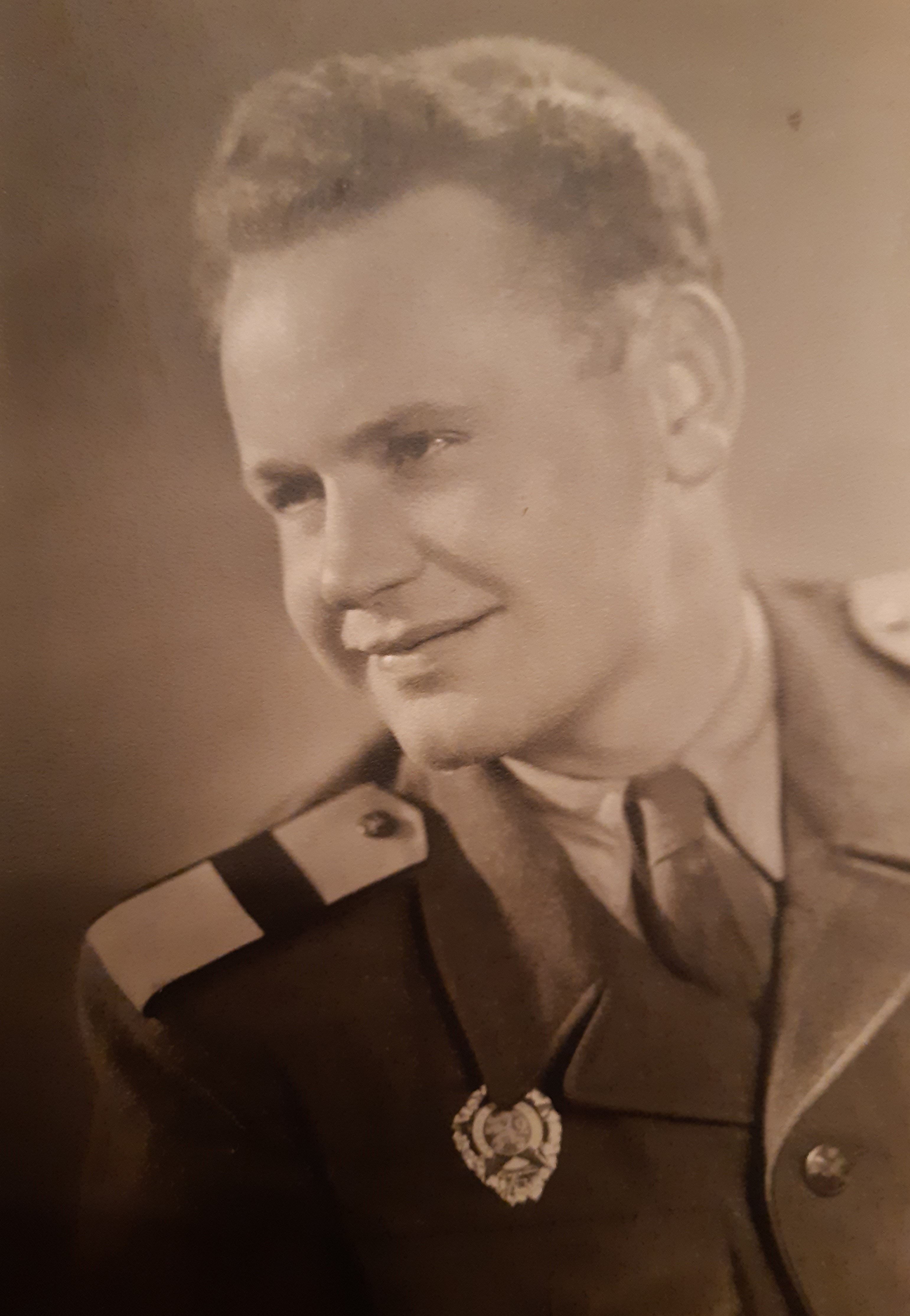
Download image
Miloš Nevoral was born in the village of Třeštice in Vysočina on 1 September 1929. He grew up with four older siblings, a sister and three brothers. He remembers the first President T. G. Masaryk. He took part in a bonfire in the President’s memory at school in September 1937. After school, he began working on the railroad in 1944 where he experienced sweep raids at the end of the war. An uprising broke out in nearby Třešt’ on 5 May 1945, but the Nazis suppressed it. Among those executed were four of Nevoral’s older schoolmates. In September 1946, he witnessed the hanging of Herta Kašparová, who was sentenced to death for collaboration with the Nazis by an extraordinary tribunal, near the Třešt’ chateau. She was the last woman publicly executed in Czechoslovakia. Miloš Nevoral moved to Liberec at the end of 1946. He worked in delicatessen and grocery stores in northern Bohemia. In 1968, he delivered refreshments twice to the radio station where Václav Havel was working during the initial days of the invasion. He ran the Dunaj grocery store later on. He retired in September 1989. He was living in Liberec in 2023.
